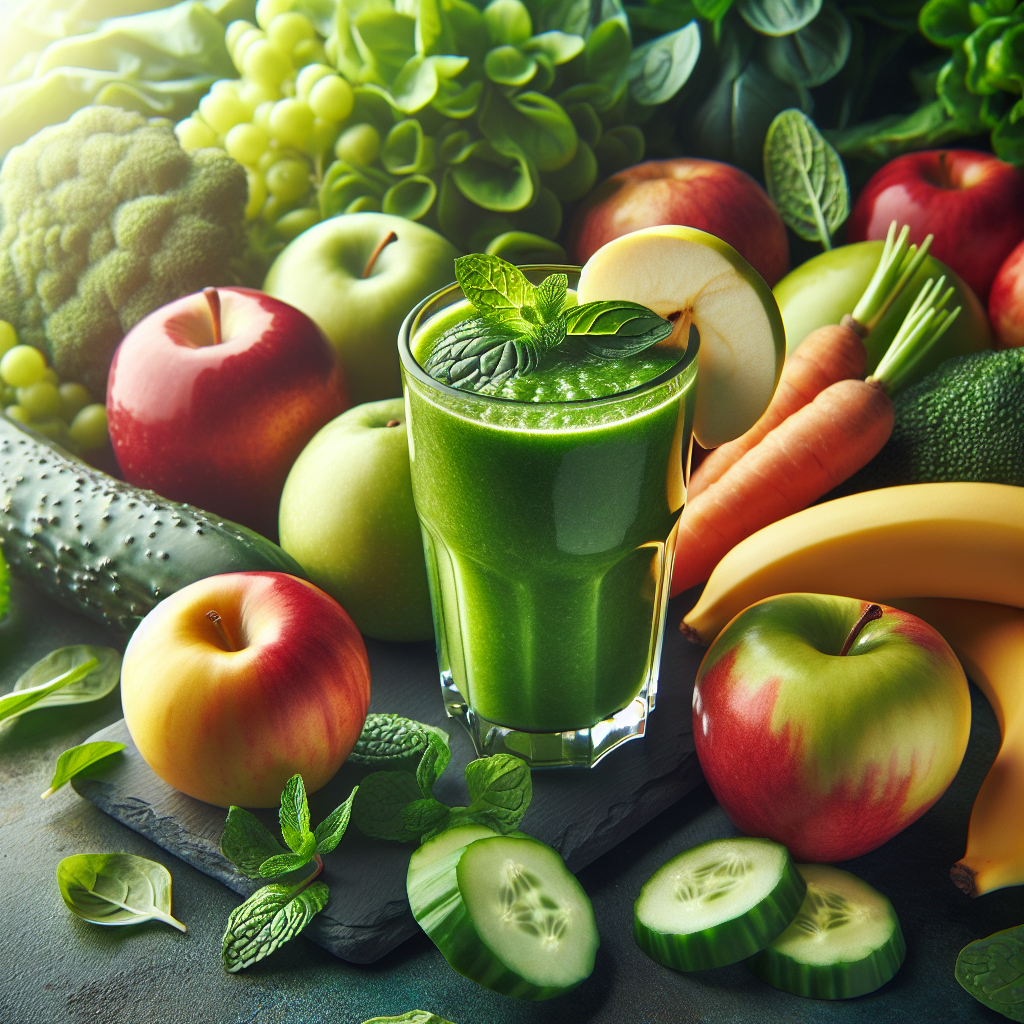The quest for radiant, youthful skin is a journey that intertwines diet, skincare routines, and lifestyle choices. Nutrition particularly plays a pivotal role, as the old adage ‘you are what you eat’ holds significant truth when it comes to skin health. This comprehensive article delves into the essential vitamins found in foods that are beneficial for skin vitality, and how incorporating them into your daily diet can enhance your skin’s natural beauty.
The Cornerstone of Skin Health: Vitamins in Your Diet
Our skin, the largest organ of the body, serves as the frontline defense against environmental stressors. It’s a well-known fact that a well-balanced diet rich in vitamins and nutrients can improve skin health. Key vitamins such as Vitamin A, C, E, D, and K play crucial roles in skin repair, hydration, and protection.
Vitamin A – The Defender and Renewer
Vitamin A stands out for its critical role in skin repair and maintenance. Found in foods like sweet potatoes, carrots, and leafy greens, this vitamin assists in the skin’s natural shedding process, helping to keep it refreshed and rejuvenated.
Vitamin C – The Brightener
Renowned for its brightening properties, Vitamin C found in citrus fruits, strawberries, and bell peppers, aids in the production of collagen, which gives skin its elasticity and firmness. This vitamin is also a powerful antioxidant that can protect the skin from oxidative stress caused by free radicals.
Vitamin E – The Protector
Vitamin E is a potent antioxidant, which can be sourced from nuts and seeds, spinach, and avocados. It works in tandem with Vitamin C to protect the skin from damage and inflammation caused by sun exposure and environmental pollutants.
Vitamin D – The Healer
The ‘sunshine vitamin’, Vitamin D, is synthesized in the skin upon exposure to sunlight. However, it can also be ingested through fortified foods and fatty fish. Vitamin D is known for its role in skin cell growth and repair, and also helps in treating psoriasis.
Vitamin K – The Corrector
Vitamin K, found in green leafy vegetables, fish, meat, and eggs, is essential for the body’s healing process. It aids in reducing dark circles under the eyes and the appearance of scars and stretch marks.
The Link Between Diet and Skin Conditions
The impact of diet on skin health extends beyond the cosmetic benefits. There is an established connection between the foods we consume and various skin conditions. For instance, diets high in sugar and refined carbohydrates can exacerbate acne, while omega-3 fatty acids found in fish can help reduce the severity of skin inflammation and conditions like eczema and psoriasis.
Furthermore, the skin’s appearance is often a reflection of the body’s internal health. A balanced diet rich in vitamins can improve digestive health, which in turn can lead to clearer, more vibrant skin.
Integrating Vitamin-Rich Foods into Your Skincare Regimen
Understanding the importance of vitamins is only the first step. The key to harnessing their benefits lies in their integration into your daily diet and skincare regimen.
Daily Dietary Choices
Incorporate a rainbow of fruits and vegetables into your meals to ensure a broad spectrum of vitamins and antioxidants. Snack on nuts and seeds for a dose of Vitamin E, and consider incorporating a vitamin-rich smoothie into your routine.
Topical Applications
Many skincare products are formulated with vitamins as key ingredients. For example, Vitamin C serums are popular for their brightening and anti-aging properties, while Vitamin E oils are touted for their moisturizing benefits. Explore personalizing skin care products to suit your unique skin needs.
Professional Guidance
Always consider seeking professional advice when overhauling your diet or skincare routine. Nutritionists and dermatologists can provide personalized recommendations that cater to your individual health and skin concerns.
External Resources Supporting the Role of Vitamins in Skin Health
To further understand the effects of vitamins on skin health, consider exploring these niche resources:
- The American Academy of Dermatology offers insights into how diet can affect skin health.
- The Linus Pauling Institute provides an in-depth look into micronutrients and skin health.
- Research published in the Journal of Clinical and Aesthetic Dermatology discusses the latest findings on vitamins and skin health.
Advanced Nutritional Strategies for Enhanced Skin Vitality
Antioxidant-Rich Foods
Beyond vitamins, consuming foods high in antioxidants like berries, dark chocolate, and green tea can further protect the skin from damage and support its natural repair mechanisms.
Hydration and Skin Vitality
Hydration is crucial for maintaining skin elasticity. While drinking water is fundamental, hydrating foods like cucumbers, tomatoes, and watermelons can also contribute to your skin’s moisture levels.
Superfoods for Skin Health
Certain superfoods like chia seeds, flaxseeds, and walnuts are not only high in vitamins but also contain omega-3 fatty acids, which can improve the skin’s barrier function and combat dryness.
Conclusion
In summary, a nutrient-rich diet is foundational to achieving and maintaining healthy, vibrant skin. By focusing on vitamin-rich foods and embracing a holistic approach to nutrition and skincare, you can enhance your skin’s natural vitality from the inside out. For more specialized information on skin health, consider exploring cold weather skin care strategies and the benefits of regular facial cleansing.
Embrace the power of vitamins and let your skin reflect your body’s internal wellness. Healthy, radiant skin is not just about what you put on it; it’s also about the nourishing foods you feed your body.



